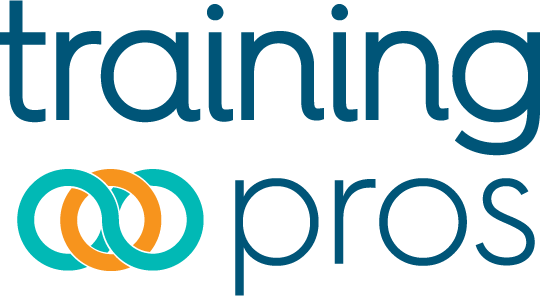Do Patients Trust Robotics and Drones?
You may remember Watson from its appearance on Jeopardy! in 2011, or from commercials with celebrities like Selena Williams and Bob Dylan. The robot has the ability to read and write words, and can learn thousands of documents within minutes.
Shortly after Watson defeated the champions of Jeopardy!, IBM got busy focusing their talent and money on expanding Watson into healthcare. They spent more than $4 billion dollars on companies specializing in medical data, and now IBM’s Watson AI can assist with genomics and disease diagnoses.
How accurate is it?
Watson was tested on 1,000 cancer diagnoses at the University of North Carolina School of Medicine, and in 99 percent of them Watson recommended the same exact treatment as the oncologists. It also found treatment for 30 percent of the cases that doctors missed.
Watson is on its way to being the next big thing; people are going as far to say it will replace doctors in the future. Which begs the questions, will patients trust it? Even if Watson AI units make their way into facilities, will patients accept the treatment? Luckily, the people at Deloitte conducted a “Survey of US Health Care Consumers” asking patients to rate if they would be willing to use robots and drones in the following scenarios.
 Home Maintenance
Home Maintenance
You are a caregiver, and could use robots or drones to help care for an older adult or close relative who was having difficulty with maintaining a home because of a health condition.
Medication Assistance
You, yourself, have a chronic condition that requires daily medication and you have limited mobility. You could use drones to get your medicine and supply you with proper dosage.
Disease Diagnosis Assistance
You are having symptoms that might be related to a serious condition, like cancer. During your visit to the doctor, a robot could help your doctor diagnose the type of cancer and type of treatment. The robot has been trained to diagnose the condition, sometimes more accurately than a human doctor.
Disease Diagnosis Replacement
You are having symptoms that might be related to a serious condition, like cancer. A robot, who has been trained to diagnose the treatment, could come to your home to diagnose the type of illness you have and suggest next steps —treatment or a doctor’s visit. This would save you a visit to the doctor.
Delivering Laboratory Samples
You need to have a lab test done (blood test or urine sample) to monitor or diagnose a condition. The drone could deliver the receptacle to you and then take the sample back to the laboratory after completion
The results of the study show that 4 in 10 patients would be willing to use a product similar to Watson for disease diagnosis assistance, and only a little more than 3 in 10 would use it for disease diagnosis replacement. Watson may have the capability to diagnose as accurately as a human doctor, but most patients aren’t ready for that.
Whether these results stem from a distrust of technology or a need for human intuition, people are cautious of drones and robots. That doesn’t mean all hope is lost for IBM, however. Artificial intelligence technology is relatively new, but we are seeing more and more of it. From self-driving cars to pizza-delivering drones, people are slow to trust it. It is possible people will adapt as AI becomes more common. IDC, a research firm, compares the industry to the internet in the mid 1990s. People were wary, but as it showed up more and more it was integrated everywhere, and the market boomed. IDC predicts the AI industry will grow from $8 billion to $47 billion by 2020. “That’s where we’re headed — A.I. everywhere,” said Frank Gens, IDC’s chief analyst.
Only time will tell if this distrust will change as more studies are presented, but for now the people have spoken. In the meantime, industry experts will continue to innovate while watching industry trends and attending conferences to stay up-to date in their industries.





